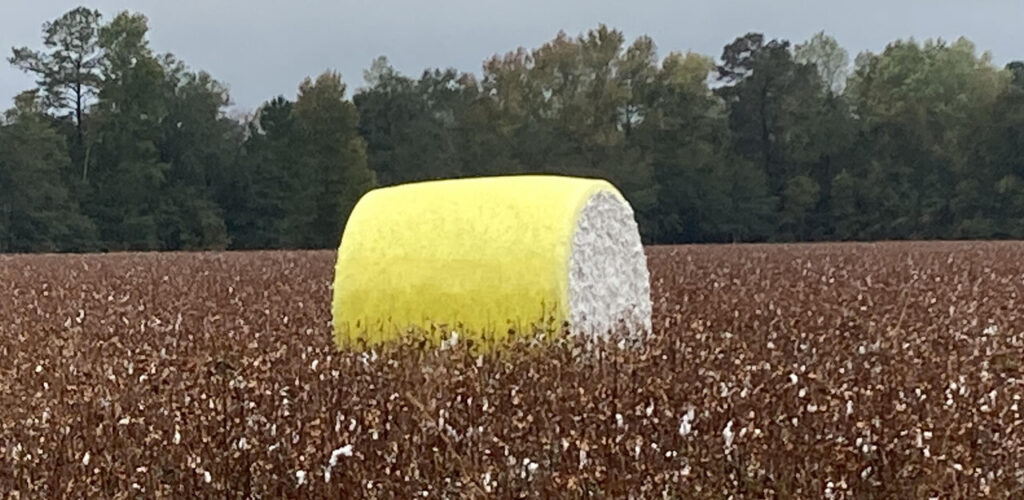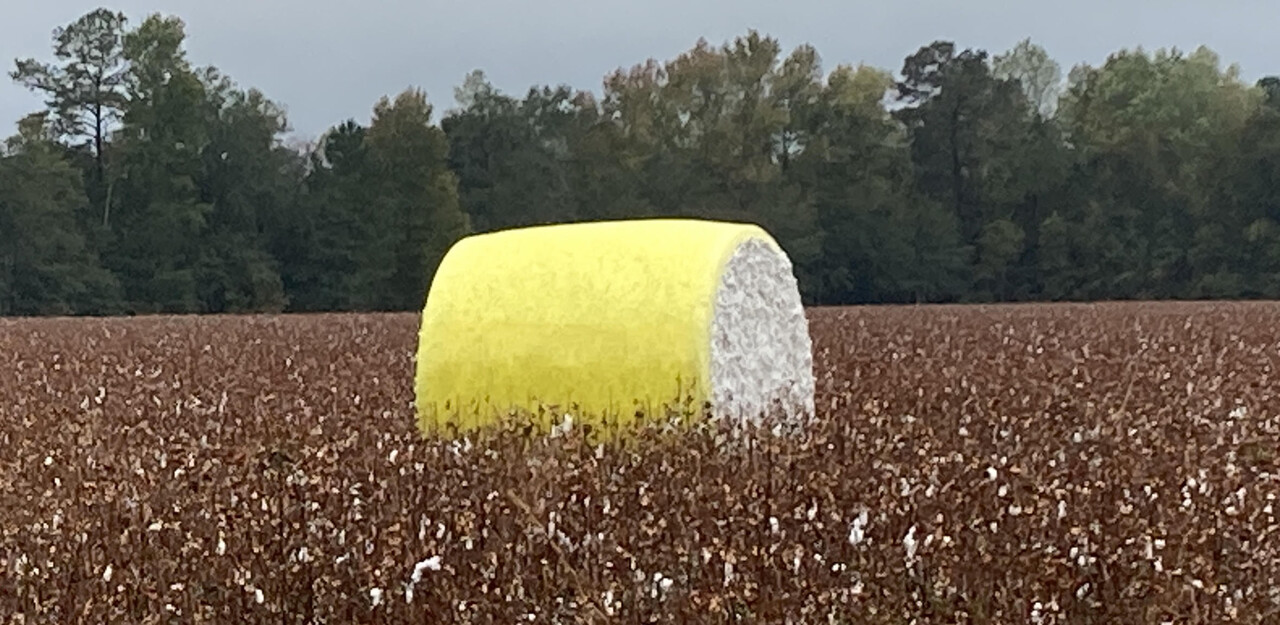
- AgValue Consulting
- September 12, 2024
- 7:22 pm
- 3 minutes
New Law Looks to Preserve South Carolina's Farmland
South Carolina’s agricultural industry has long been at the heart of the state’s economy, but with rapid population growth and industrial expansion, the future of farming in the state is at risk. As more people move to South Carolina, the demand for land has skyrocketed, leading to a dramatic increase in the number of housing and industrial developments. This expansion, however, comes at a cost. The state is facing one of the highest threats of farmland loss in the country. In the past two decades alone, South Carolina has lost enough farmland to nearly cover the size of the city of Greenville.
Recognizing the importance of agriculture to South Carolina’s economy and culture, state leaders have enacted a new law aimed at preserving agricultural lands for future generations. The “Working Agricultural Lands Preservation Act” was signed into law to give farmers an option beyond selling their land to developers. South Carolina’s Commissioner of Agriculture, Hugh Weathers, and other leaders in the state, have voiced strong support for this legislation, understanding the critical need to balance growth with the preservation of the state’s agricultural heritage.
New Options for South Carolina Farmers
One of the biggest challenges facing family-owned farms is the pressure to sell land for development. As South Carolina’s Farm Bureau President, Harry Ott, explains, farmers often receive offers for their agricultural land that are hard to turn down, even though many of them would prefer to pass their farms on to the next generation. The new law offers an alternative: it allows farmers to sell their development rights to the state while retaining ownership of their land. In exchange for placing their land in a conservation easement, farmers receive financial compensation, but the land must remain farmland, even if it is eventually sold.
This approach ensures that South Carolina’s agricultural lands remain intact and prevents future development or industrialization of these vital spaces. The preservation of these working lands not only supports the livelihoods of farmers but also secures the availability of local food and maintains the environmental benefits provided by farmland.
The Working Agricultural Lands Preservation Act
Sponsored by Rep. Patrick Haddon of Greenville, a seventh-generation farmer, the “Working Agricultural Lands Preservation Act” aims to safeguard millions of acres of farmland across South Carolina. It establishes a new fund through the state’s Conservation Bank, which will provide financial resources to eligible farmers who choose to conserve their land. The Act reflects a growing recognition that the state has a compelling interest in saving its farmland, not only to protect the agricultural sector but also to maintain South Carolina’s scenic beauty and environmental health.
Governor Henry McMaster, who signed the bill, echoed these sentiments, emphasizing the long-term importance of preserving farmland for the future. “What are we going to look like in 100 years?” he asked, highlighting the need for careful planning to ensure that South Carolina’s agricultural lands remain a part of the state’s landscape.
Implications for Farm Appraisals and Valuations
For those involved in agricultural appraisals and valuations, such as AgValue Consulting, this new legislation will have significant implications. Land placed in a conservation easement under this new law will need to be appraised differently than other properties, as its future use is restricted to farming. These properties will not be subject to the same market pressures from developers, which may stabilize their valuations over the long term. However, the financial compensation provided by the state will need to be considered when determining the land’s value.
Additionally, the preservation of farmland can enhance the long-term sustainability of the agricultural sector in South Carolina, supporting a stable land market and ensuring that agriculture remains a viable economic activity. For families looking to maintain the legacy of their farms, this law provides a pathway to do so while securing financial benefits that can be reinvested in their operations.
A Promising Future for South Carolina Agriculture
The “Working Agricultural Lands Preservation Act” represents a crucial step toward protecting South Carolina’s farmland and ensuring that the state’s agricultural industry can continue to thrive for future generations. By offering farmers an alternative to selling their land to developers, the state is helping to maintain the integrity of its agricultural landscape. This law is a win for farmers, consumers, and anyone who values the beauty and productivity of South Carolina’s farmland.
At AgValue Consulting, we understand the unique challenges that come with valuing agricultural land. Our team is here to help landowners navigate the changing legal landscape, offering expert appraisals that reflect the latest developments in farmland preservation and valuation. Contact us today to learn how we can assist with your agricultural appraisal needs.

